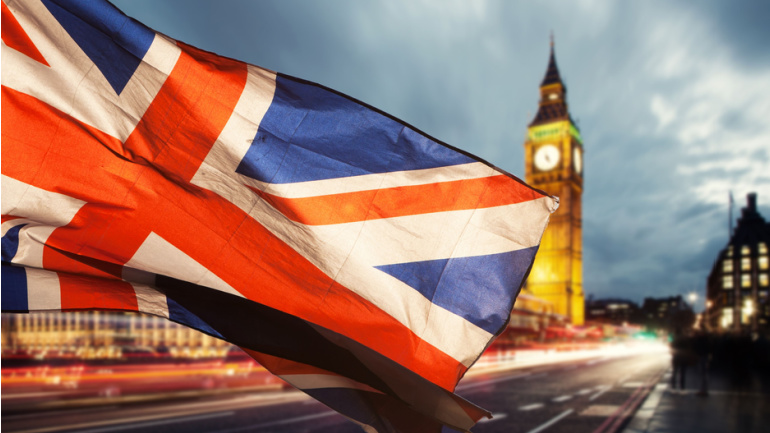The UK government recently introduced a new business council, consisting of fourteen chief executives from major industries. These business leaders are poised to advise the Prime Minister on vital economic policies. Among these heavyweight companies, banking, pharmaceuticals, retail, energy, tech, insurance, telecoms and defence are all represented.
Notably, the head-turning collection of companies include AstraZeneca, NatWest Group, BAE, SSE, Google DeepMind, Sainsbury’s, Vodafone, GSK, Aviva, Shell, Sage, Taylor Wimpey, Diageo, and Barclays. These firms are not only representative of various sectors but are some of the UK’s most valuable entities. In fact, nine of these corporations are positioned within the UK’s top 30 listed businesses.
Interestingly, the AI specialist Google DeepMind is the only company on the council not featured on the FTSE 100. Nonetheless, these companies collectively employ a significant workforce, with around 330,000 people across the UK.
In the words of PM Rishi Sunak, “I look forward to hearing directly from business leaders about how we can break down the barriers they face and unlock new opportunities for them to thrive… The more businesses innovate and invest, the more we grow and create good jobs across the country.” The business council is slated to meet twice yearly and will be updated at the end of 2023, with today’s agenda covering economic climate, inflation, skill shortages, and Brexit’s ongoing impacts.
In terms of telecommunications, the inclusion of Margherita Della Valle, the new CEO of Vodafone Group, is a point of interest. Following the resignation of former CEO Nick Read, she was confirmed as the permanent CEO in April after serving on an interim basis.
Della Valle has been vocal about her plans to reverse the company’s dwindling fortunes and criticized its recent financial results. Vodafone is planning serious changes, including cutting roughly 11,000 jobs across Europe over the next three years. The company is presently in the middle of merging its UK operations with CK Hutchison’s Three UK. This £15 billion deal could potentially lead to challenging BT’s dominant position in the market, pending regulatory approval.
In her statement, Della Valle said, “I am pleased to be joining the Business Council, an essential forum to promote and support the UK’s global competitiveness… We have a critical role to play in the UK’s future, as our national communications infrastructure can help drive innovation and economic growth.”
On the other hand, the CEO of BT, Philip Jansen, believed to be an ideal fit to offer guidance on the UK economy’s digitalisation, announced plans to step down within the next year. This announcement followed disappointing results for BT, resulting in a 45% reduction in shares during Jansen’s four-year tenure.
Lastly, it’s important to highlight that the business council lacks representation from SMEs. Despite representing 99.9% of UK private sector businesses, none have been included. This omission drew heavy criticism from the Federation of Small Businesses (FSB), labeling the council as being filled with “corporate bigwigs” and “suits”.
To join discussions regarding telecoms’ vital role in growing the UK’s economy, consider attending this year’s Connected Britain conference, the UK’s most significant digital economy event. Other news highlights this week include the EU and Japan’s recent agreements for subsea cables and semiconductors, Home Office delays in the Emergency Services Network, and Ofcom’s investigation into VMO2 after customer complaints about contract cancellations.







